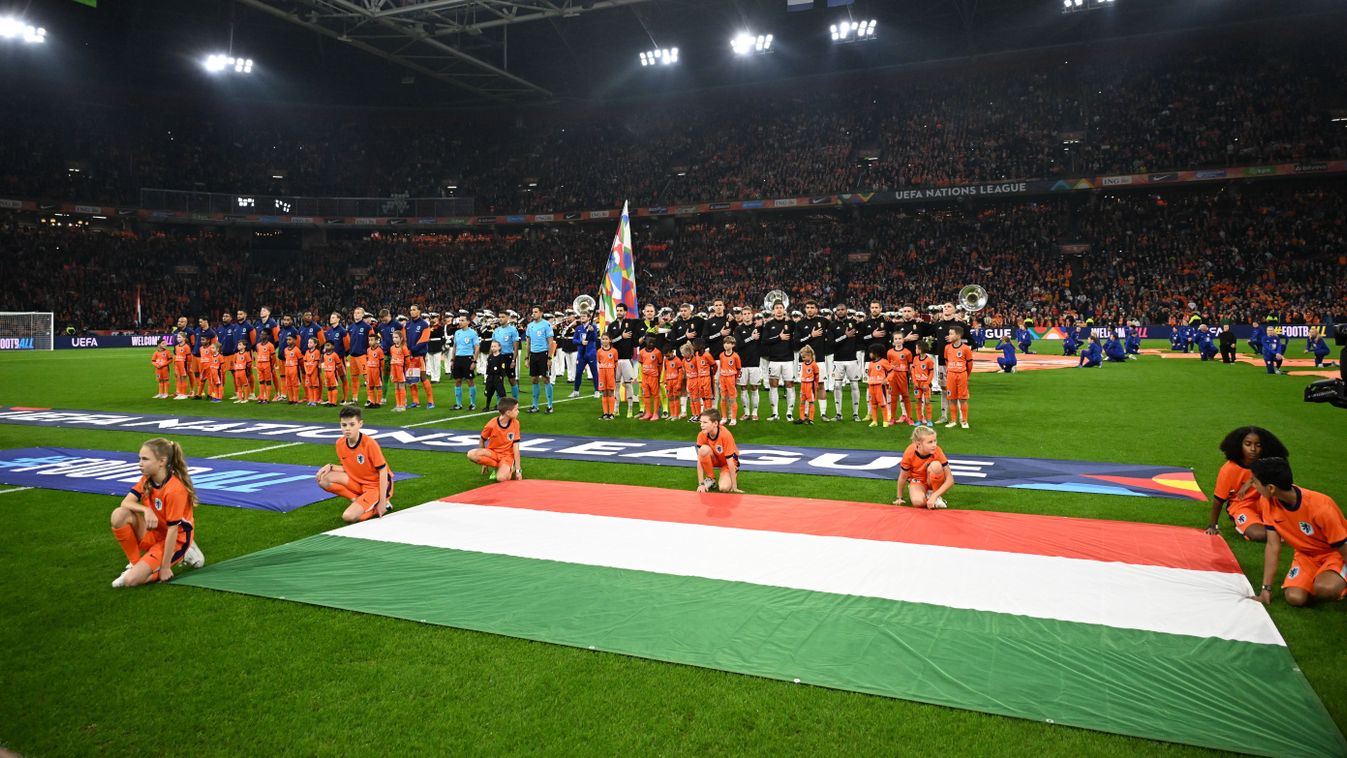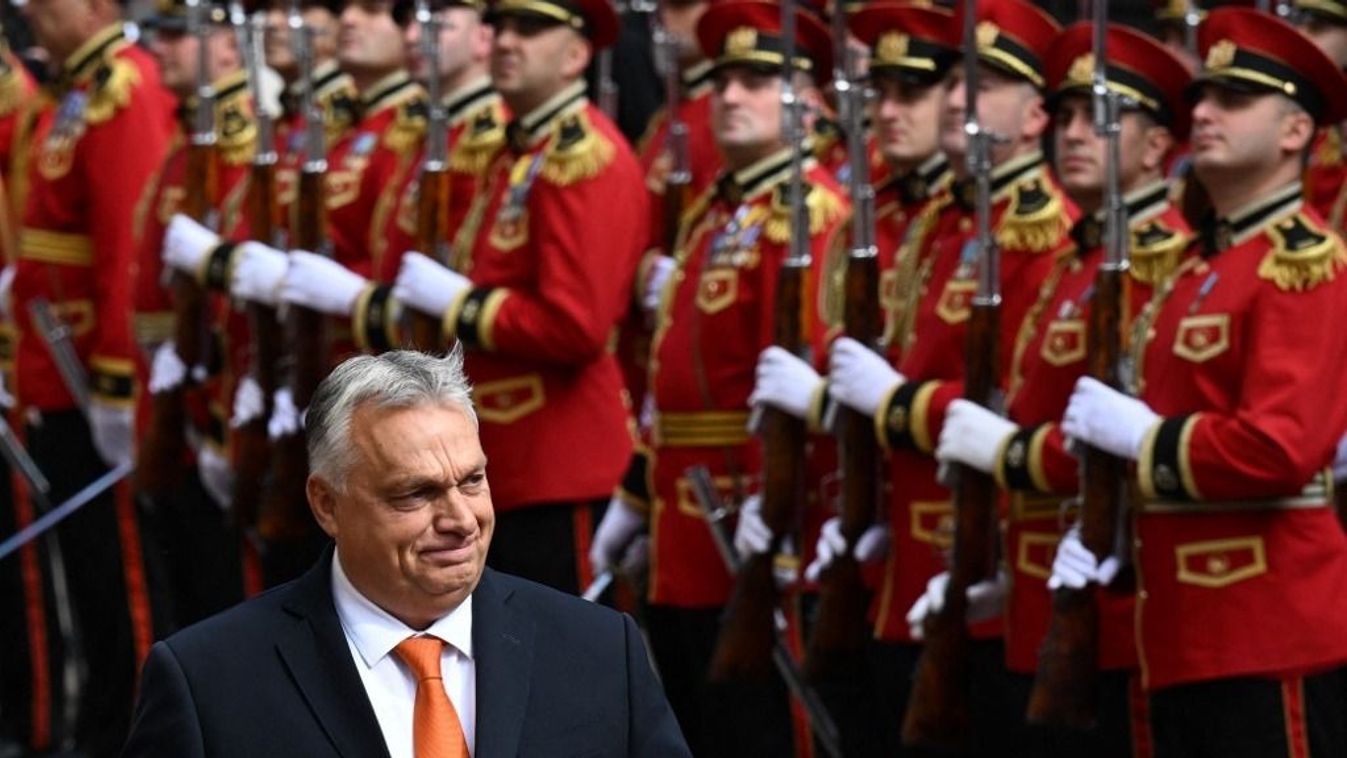The Global Roots of Euro-Jitters
Greece has massive fiscal and competitiveness problems, but Greece (2.25% of the population of the European Union) is smaller than California (12% of the population of the United States). And California, too, is suffering massive fiscal difficulties and declining competitiveness in some of the industries in which Californians were once pioneers.
The euro’s current problems are, instead, a reflection of unresolved Europe-wide and global problems. The common currency is the canary in the mine of the global exchange-rate system.
The euro precisely measures international tensions in that it is a bold experiment: a currency that is not linked to a state, but rather follows from international rules and treaties. It is a creature of the intellect rather than a product of power. It is a post-modern or post-sovereign currency. But in the aftermath of a crisis, countries put national interests above their willingness to go along with international rules.
The creation of money is often thought to be the domain of the state: this was the prevalent doctrine of the nineteenth century, reaching its apogee in the German economist Georg Friedrich Knapp’s The State Theory of Money. In the New Testament, Christ famously answers a question about obedience to civil authorities by examining a coin and telling the Pharisees, “Render unto Caesar what is Caesar’s.” Unlike most banknotes and coins, there is no picture of the state or its symbols – no Caesar – on the money managed by the European Central Bank.
There has always been a close relationship between European monetary integration and global problems. Europeans thought that their close geographic proximity and shared cultural inheritance might enable them to produce answers where global debates had become stalled. When things did not work out globally, a regional solution might be possible.
The impetus to the first act of European monetary integration, the 1970 Werner Report, stemmed from awareness that there were major difficulties in the fixed exchange-rate system established in 1944 at the Bretton Woods conference. Nobody outside the US could force it to restrain either its monetary policy, which was becoming increasingly expansive under President Richard Nixon, or its fiscal policy, marked by mushrooming deficits due to the costs of the Vietnam war.
Policymakers in France loved to quote a remark by the French poet Paul Valéry, who in the middle of the chaos of the Great Depression had written that “Europe visibly aspires to be governed by an American committee.” To Europeans, the International Monetary Fund, which supervised exchange-rate arrangements in the post-Bretton Woods world, looked like a perfectly American committee, and France did not like that.
The Werner Report’s ideas were too feeble to deal with the currency turmoil of the early 1970’s, and it was almost a decade before Europe produced a new response. The European Monetary System began as a high-level reaction to global currency chaos, and in particular to the depreciation of the dollar in 1977 and 1978, which seemed to threaten its continued role as the major international reserve currency.
The process that began with the report of the Delors Committee in 1989 and led to the Maastricht Treaty in 1992, the establishment of the euro in 1999, and the introduction of the physical currency in 2002 was rooted in an attempt to devise mechanisms that would generate a more stable global exchange-rate regime.
The critical policy innovators of the late 1980’s, in particular the highly activist French Finance Minister Edouard Balladur, took an international answer and started to advocate its realization on the European level. At the G-7 meeting of finance ministers in Louvre in February 1987, Balladur suggested a system of currency target zones; when its realization proved problematic, he pushed on with a more definitive and tighter European version of the scheme.
What resulted was a partly flawed answer to the problem. That was because France and Germany, the principal protagonists in the drama of monetary integration, had different visions of how the problem should be solved. The Germans pressed for clearly defined fiscal rules, but other countries wanted more wiggle room. The French argued for European economic governance alongside the monetary union, but that looked to others as imposing too much French planisme. A watered-down version of the German solution was eventually adopted.
Today, as in the 1960’s or 1970’s, we face a fundamentally global problem of inconsistent monetary policies. Back then, Europeans complained that low interest rates in America were driving global inflation; now low US interest rates are blamed for driving irresponsible asset-price booms.
Indeed, low US interest rates, though an appropriate domestic response to the financial crisis, have pushed a global carry trade in which people borrow in dollars to fund investments in the apparently less crisis-hit large emerging-market economies. These large transactions are funneled through the international banking system.
The answers to a global problem of this kind cannot be found on a European level. It will demand global coordination of monetary policies, and some form of global economic governance. Europe tried this combination, and found that even in a regional setting it could not be fully realized. Instead, an imperfect answer produced heightened vulnerability. The result is that Europe has made itself into the primary victim of the financial crisis.
Copyright: Project Syndicate, 2010
@ www.project-syndicate.org

Portfóliónk minőségi tartalmat jelent minden olvasó számára. Egyedülálló elérést, országos lefedettséget és változatos megjelenési lehetőséget biztosít. Folyamatosan keressük az új irányokat és fejlődési lehetőségeket. Ez jövőnk záloga.























